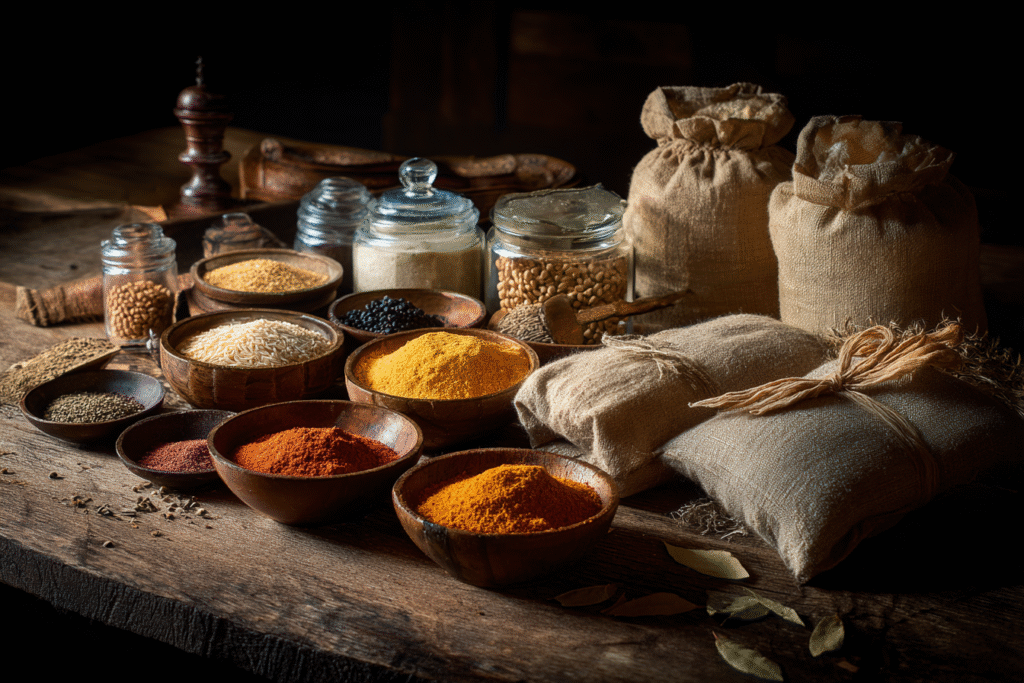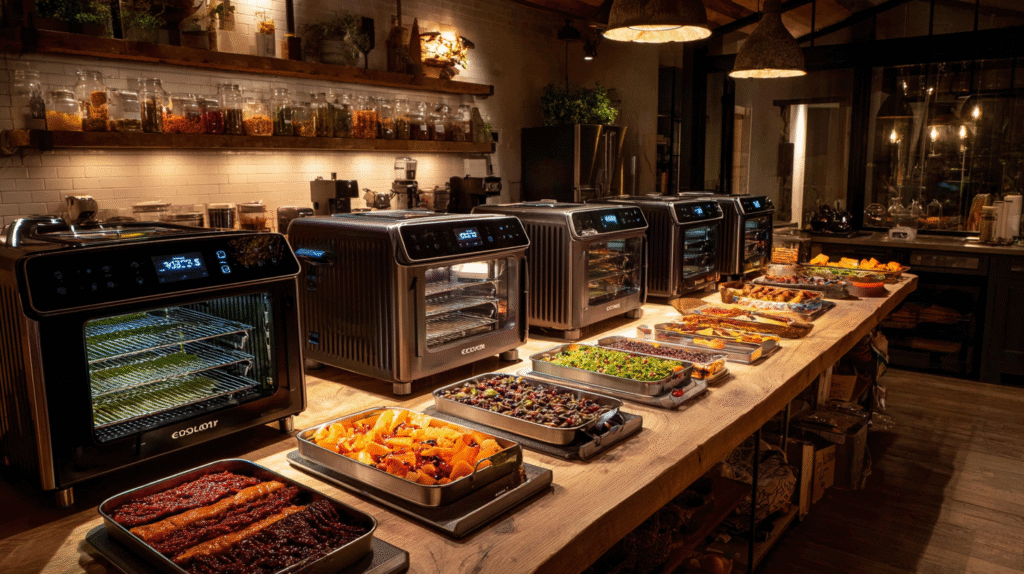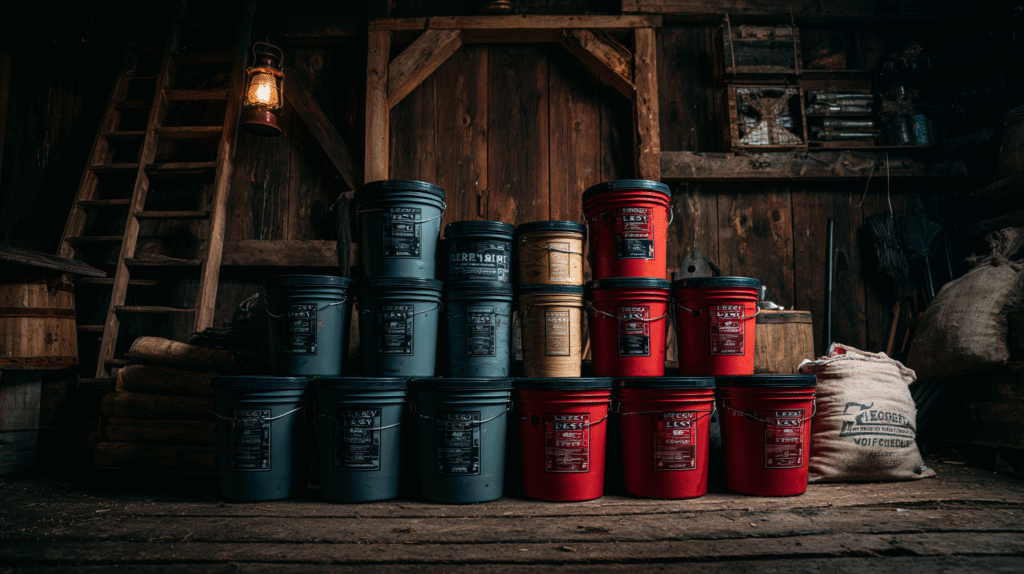Introduction
When it comes to survival cooking, having the right tools and ingredients can make all the difference. One vital component often overlooked is spices. Not only do they enhance flavor, but they also help preserve food and can even provide nutritional benefits. In this guide, we’ll explore the best spices for survival cooking and how they can help you thrive in challenging situations. Spices pair well with ready-made best survival food kits, enhancing both flavor and variety.
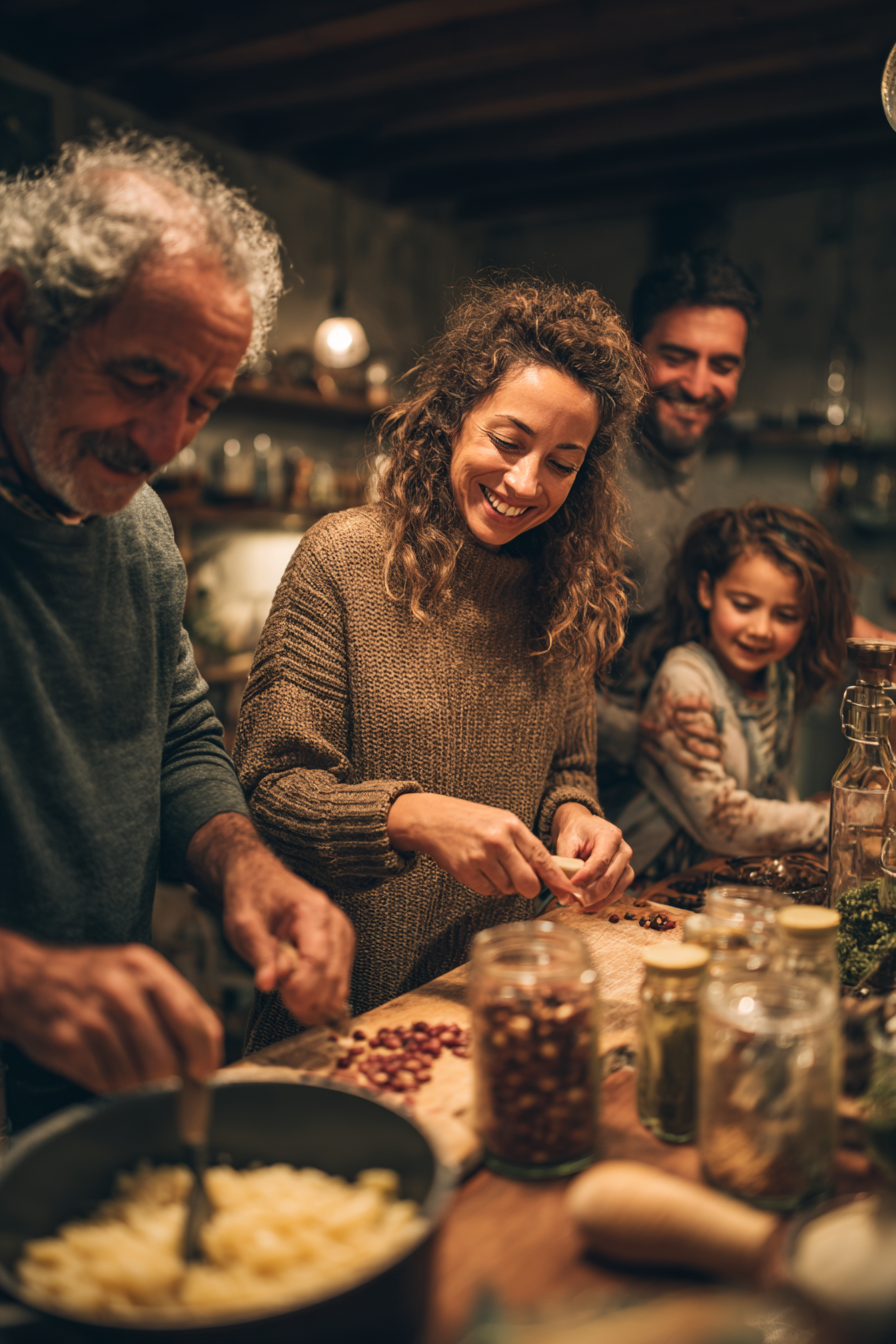
Why Spices Matter in Survival Cooking
In a survival scenario, food can become monotonous and bland. This is where spices come into play. They can transform simple meals into something more enjoyable, helping to lift morale. Additionally, some spices have preservative qualities or health benefits that can be crucial when resources are limited. Many spices complement staple foods that last 25 years in storage, helping prevent meal fatigue.
Flavor Enhancement
Eating is one of life’s pleasures, and in survival situations, it can be even more important to enjoy your meals. Spices can significantly enhance the flavor of otherwise dull foods. Consider adding the following:
- Salt: The most basic yet essential spice for flavoring food. It also helps with preservation.
- Pepper: Adds heat and can stimulate appetite.
- Garlic Powder: Provides a strong flavor and has antimicrobial properties.
Preservation Properties
Some spices can help preserve food, which is essential when refrigeration isn’t available. Here are some spices that can aid in food preservation:
- Oregano: Contains antioxidants that can help extend the shelf life of food.
- Cinnamon: Has natural preservative qualities due to its antibacterial properties.
- Turmeric: Known for its anti-inflammatory properties, it also helps inhibit the growth of bacteria.
Spices can boost shelf life, but understanding canned vs. freeze-dried food is equally important for long-term preservation.
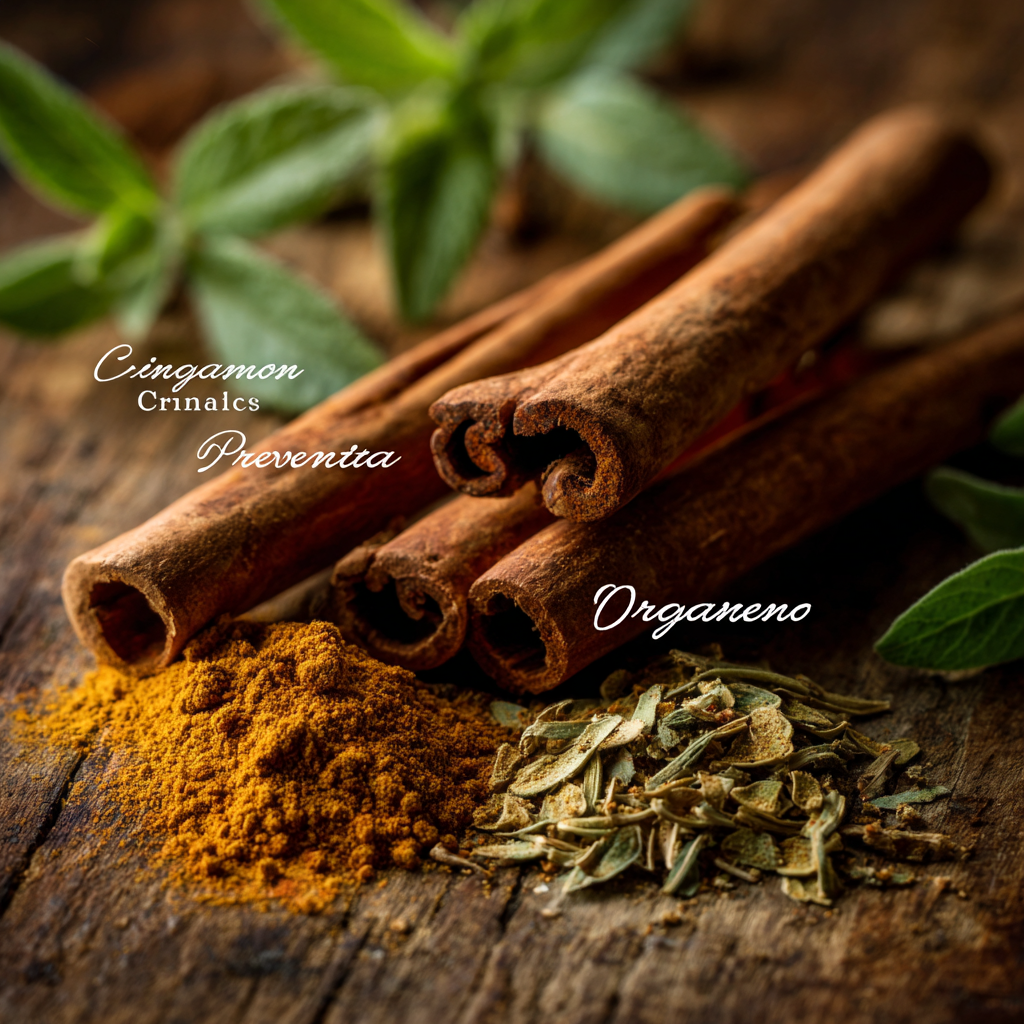
Must-Have Spices for Your Survival Kit
Building a survival cooking spice kit can be simple and affordable. Here are some must-have spices to include:
- Chili Powder: Great for adding heat and flavor to soups and stews.
- Thyme: A versatile herb that can be used in various dishes, perfect for meat or vegetable preparations.
- Bay Leaves: Adds depth to soups and can be used in long-cooking dishes.
- Cumin: Essential for imparting a warm, earthy flavor in many cuisines.
Spices add variety and morale to your long-term food storage. Staples like beans and rice benefit from seasoning—learn how to store rice and beans long term so you can pair them with spices for decades.
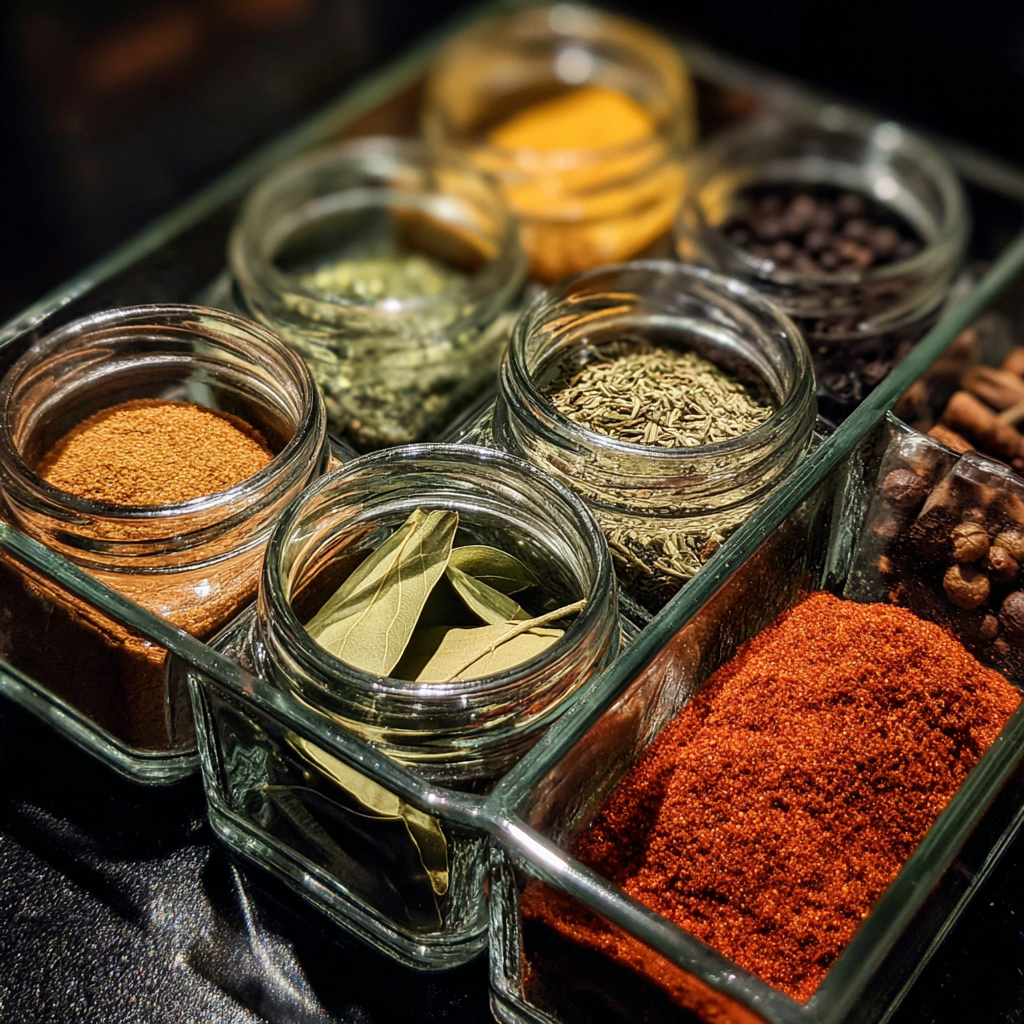
Practical Recommendations
To make spice selection easier, consider these practical products available on Amazon:
- McCormick Gourmet Spice Rack: A comprehensive spice rack that includes many essential spices, perfect for any cooking situation.
- Spice Hunter Organic Herbs and Spices: High-quality organic options that are great for health-conscious survivalists.
- Simply Organic Spice Sampler: A well-rounded selection of spices that can add variety to your meals.
Creative Ways to Use Spices in Survival Cooking
Using spices creatively can make your meals more enjoyable. Here are some ideas:
- Combine herbs and spices: Mix different spices for unique flavor blends.
- Infuse oils: Use spices to infuse oils for cooking or salad dressings.
- Make spice blends: Create your own seasoning blends for specific types of cuisine.
Using the best oils for survival to infuse spices creates flavorful bases for cooking and dressings.
Conclusion
In survival situations, spices are more than just flavor enhancers; they are essential tools for making food palatable, preserving it, and even promoting health. By selecting the right spices and incorporating them into your cooking, you can create meals that sustain both body and spirit. Start building your spice kit today and be prepared for any culinary challenge that comes your way!

